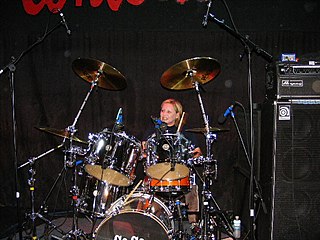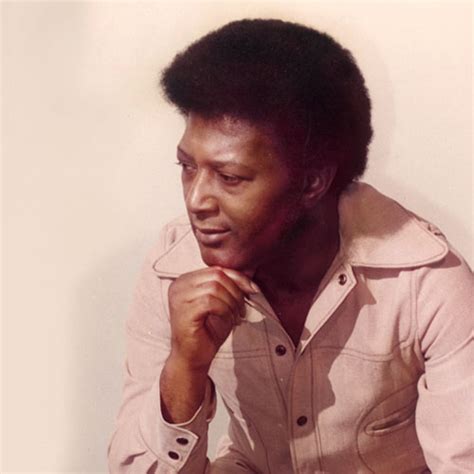A Quote by Imelda May
'Love Tattoo' I recorded without a record company. I'd gotten turned down by the record companies - they said they didn't get me, which is fine, I suppose.
Related Quotes
I love the Bach Prelude No. 2 in C Minor and had that stuck in my head: why don't I put this on Imaginaryland? So I brought it to my friend Tom Grimley who recorded That Dog's first record. I played him all my a cappella pieces, and he said, "P, you should really make a record, it would be great! You can record it at my studio and I'll put it out!"
Luther Vandross was doing fine, but he said, "Man, I want to do my own project." So he got us all to do a demo, and that demo was "Never Too Much." It took him a year and a half to get signed, because he didn't have a gimmick. The record companies were looking for his gimmick. They said, "What's your gimmick?" He said, "I sing. That's my gimmick." Anyway, he finally got signed and the record was released, and the rest was history.
I think bands will actually make more money without record companies; a much bigger share of the money will go to the bands. You won't have record shops taking 40 percent of the money. You won't have record labels taking 40 percent of the money. So they don't have to sell as many albums as they used to in the past. So it's not necessarily a bad thing if record companies disappear.
There's definitely some sort of dissent brewing between record labels, publishing companies and artists [about the compensation they get from streaming services] Spotify is returning a HUGE amount of money [to the record labels]. If we continue growing at our current rate in terms of subscriptions and downloads, we'll overtake iTunes in terms of contributions to the recorded music business in under two years.




































